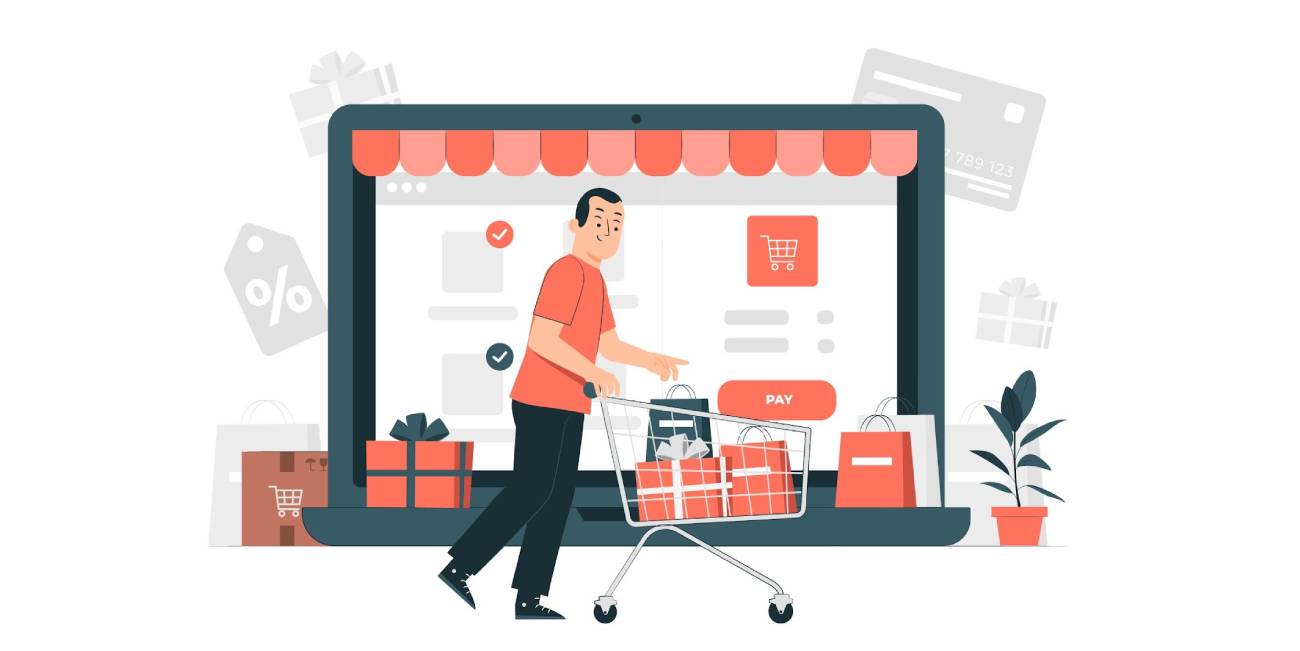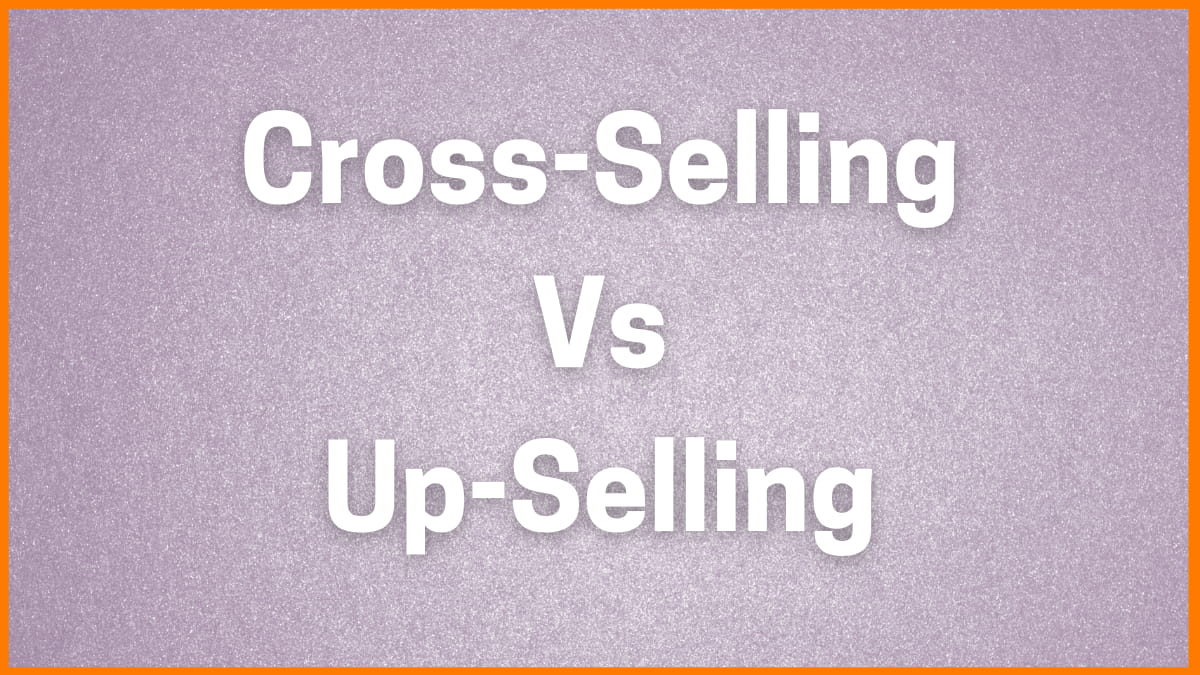Top 6 Profitable Digital Products to Sell in Your Online Store
With the rise of technology in the past few years, it has become easier than ever to create a successful online business.
This article will provide you with tips and guidelines on how to design your website, select digital products to sell, and market them effectively.
So if you’re ready to start making money from your own online store, let’s get started!
Overview of digital products:
Digital products have become one of the most lucrative ways for entrepreneurs to make money online. These products include videos, music, software, ebooks, webinars, and courses that can be downloaded or accessed online.
Typically, they are sold on a subscription basis as opposed to one-time purchases and can be sold through an online store.
Creating digital products requires specialised skills and tools. You need to have a good understanding of the product you’re creating as well as the technology behind it.
For example, if you’re creating a video course, you will need to know how to edit and produce videos in order for them to look professional.
Similarly, if you’re creating an ebook, then you should understand how to format and structure the text in order for it to be readable and enjoyable for your readers.
The beauty of digital products is that they can be created once and then sold multiple times with little effort required from you after the initial creation process is complete. This makes them incredibly profitable when done correctly.
All you need is a good platform on which to sell your digital product that allows anyone with minimal technical knowledge to create a stunning website quickly and easily.
These sorts of platforms help with setting up an efficient system for selling digital products but also offer powerful marketing features like email automation that allow entrepreneurs to reach out to their customers at scale with personalised offers.
Creating your digital product store:

Launching a successful online business requires creating a digital product store. To make sure your venture thrives, it’s essential to select the most suitable no-code website builder platforms, such as Zupain.
When constructing your store, you should consider payment gateways, delivery methods, taxes, discounts, and more.
It is paramount that customers have an efficient checkout process with minimal steps and that their data is kept safe by utilising the latest encryption technology.
Once you have chosen a platform and configured it for selling digital products, decide how to market them. Think about one-time purchases or subscription plans based on the type of products sold.
Moreover, if video courses or ebooks are available, find ways to guard against piracy or unauthorised content sharing. Lastly, research effective strategies to promote your products, such as paid search ads or influencer partnerships, which will help boost brand recognition.
Benefits of selling digital products:
With digital products, there’s no need to manage physical inventory or worry about delivery logistics, allowing for higher profit margins compared to physical products.
Additionally, digital products enable businesses to reach a global market with a low cost of entry.
Digital products are created once and then sold multiple times with little additional effort required. This means that entrepreneurs can focus on creating content instead of worrying about storing and shipping items, making it easier to scale up their business as demand grows.
In addition to the fact that digital goods are delivered electronically, there’s no need for expensive shipping fees or customs charges when selling internationally. This makes it much easier for entrepreneurs to extend their reach across borders and tap into new markets quickly and easily.
Another major benefit of selling digital products is that businesses can offer automated delivery services, which help reduce customer service costs associated with shipping orders manually.
Automated delivery systems allow customers to instantly access their purchased goods after payment has been made, reducing wait times and ensuring that customers receive their purchases promptly without needing human intervention.
Finally, marketing and selling digital products online is much more cost-effective than marketing physical goods since it requires less capital investment in advertising or promotion campaigns such as billboards or television commercials.
Businesses have many options for marketing their services online, such as paid search ads, influencer partnerships, email campaigns, or social media posts, which cost significantly less than traditional methods while providing better tracking capabilities so businesses can measure the performance of each campaign accurately.
In conclusion, selling digital products offers many benefits over traditional physical goods.
Top 6 profitable digital products to sell:
Now that you have a better understanding of the digital product market, let’s explore the top six digital products that have proven to be highly profitable when sold online.
1) E-Books: E-books are a great way to provide customers with valuable content in an easy-to-digest format. They are typically used as guides and manuals and can range from a few pages to hundreds of pages long.
Pricing for e-books should be competitive but still offer value for money, so consider offering discounts or bundling packages with multiple books.
It’s also important to ensure your e-books are well formatted and designed, as this will make them stand out from competitors.
2) Online Courses: Selling online courses is another great way to generate revenue with digital products. These can range from tutorials on specific topics, such as coding or photography, to more general courses on business and marketing strategies.
When creating online courses, it’s important to include relevant visuals like videos and interactive elements like quizzes, which can help engage learners while they learn new skills.
3) Software: For entrepreneurs looking to target tech-savvy customers, selling software is a great option. This could be anything from web hosting platforms or website builders to productivity tools like project management software or invoicing programs.
When pricing your software products, it’s important to consider the competition in order to set prices that will attract customers but still produce profits for your business in the long run.
4) Plugins/Extensions: Plugins and extensions are useful tools that can be used by customers who already use existing applications or websites, such as WordPress websites or Shopify stores, but need extra features that aren’t included in those apps by default.
Selling plugins and extensions is an easy way for entrepreneurs looking to break into the digital product market without needing too much technical knowledge of coding languages or design programs like Photoshop and Illustrator.
5) Mobile Apps: Mobile apps have become increasingly popular over recent years due to their convenience and ease of access compared with desktop apps. Not only do they allow users access on the go, but they’re also more likely than desktop apps to be kept updated regularly due to their auto-update feature.
While mobile app development isn’t something many entrepreneurs may initially feel comfortable doing themselves, consulting a developer is worth considering if you want your app idea off the ground quickly.
6) Graphics and Designs: Last but not least, graphics and designs are another great option when it comes to selling digital products online. This type of product includes logos, icons, illustrations, website templates, etc., all of which require some degree of design skill.
When pricing these types of products, remember that you should factor in any stock images or fonts used in making them as well as any additional services, such as customization, offered after purchase.
These six types of digital products all offer potential entrepreneurs different ways of generating income through their online stores depending on their skills and interests, so whether you’re interested in developing software solutions or designing logos, there’s bound to be something here perfect for you!
Tips for successful selling:

The first step is to identify and target the right audience for your product. You can do this by researching the needs of potential customers and understanding their buying habits.
Once you have identified your target market, you can create marketing content that resonates with them.
Another important tip is to invest in quality product images that accurately represent your products. Professional photos that show detail are essential for convincing potential customers to buy from you.
Additionally, be sure to write concise yet descriptive product descriptions that highlight the features and benefits of each item. Reviews and testimonials can also be helpful in reassuring potential buyers about making a purchase from you.
Finally, discounts and promotions are a great way to boost sales of digital products.
Look for opportunities to offer discounts on bundles or shipping costs, or use promotional codes for special offers related to holidays or events such as Cyber Monday.
You could also consider running referral programs where customers receive discounts when they refer friends to make a purchase from you. These strategies are effective at encouraging customers to buy more frequently from your online store.
These tips will help ensure that entrepreneurs have all the necessary tools in place when selling digital products online, so they can maximise their success and profitability in the long run.








